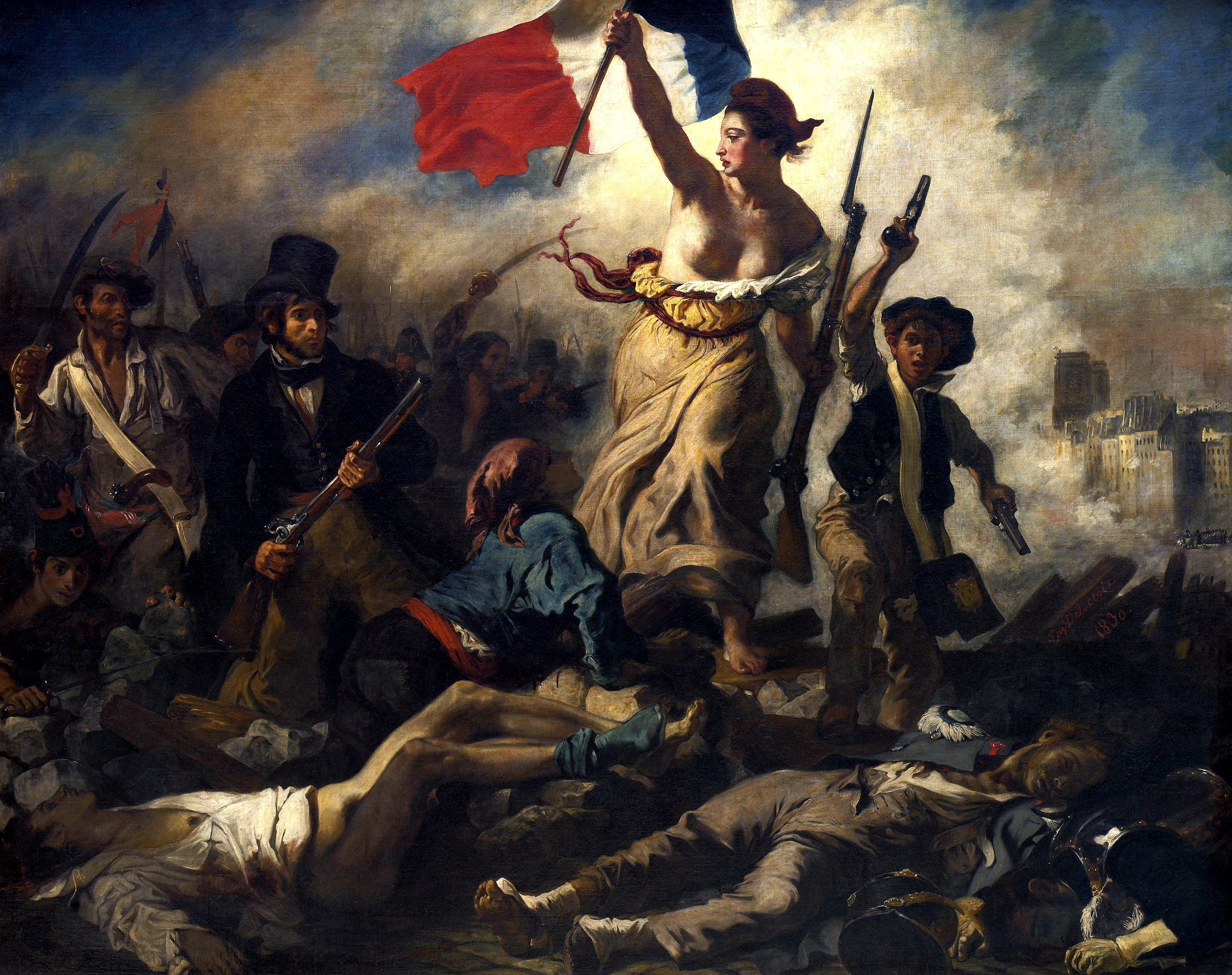
Romantic nationalism
Romantic nationalism (also national romanticism, organic nationalism, identity nationalism) is the form of nationalism in which the state claims its political legitimacy as an organic consequence of the unity of those it governs. This includes such factors as language, race, ethnicity, culture, religion, and customs of the nation in its primal sense of those who were born within its culture. It can be applied to ethnic nationalism as well as civic nationalism. Romantic nationalism arose in reaction to dynastic or imperial hegemony, which assessed the legitimacy of the state from the top down, emanating from a monarch or other authority, which justified its existence. Such downward-radiating power might ultimately derive from a god or gods (see the divine right of kings and the Mandate of Heaven).[1][2]
Among the key themes of Romanticism, and its most enduring legacy, the cultural assertions of romantic nationalism have also been central in post-Enlightenment art and political philosophy. From its earliest stirrings, with their focus on the development of national languages and folklore, and the spiritual value of local customs and traditions, to the movements that would redraw the map of Europe and lead to calls for self-determination of nationalities, nationalism was one of the key issues in Romanticism, determining its roles, expressions and meanings. Romantic nationalism, resulting from this interaction between cultural production and political thought, became "the celebration of the nation (defined in its language, history and cultural character) as an inspiring ideal for artistic expression; and the instrumentalization of that expression in political consciousness-raising".[3]
Historically in Europe, the watershed year for romantic nationalism was 1848, when a revolutionary wave spread across the continent; numerous nationalistic revolutions occurred in various fragmented regions (such as Italy) or multinational states (such as the Austrian Empire). While initially the revolutions fell to reactionary forces and the old order was quickly re-established, the many revolutions would mark the first step towards liberalisation and the formation of modern nation states across much of Europe.